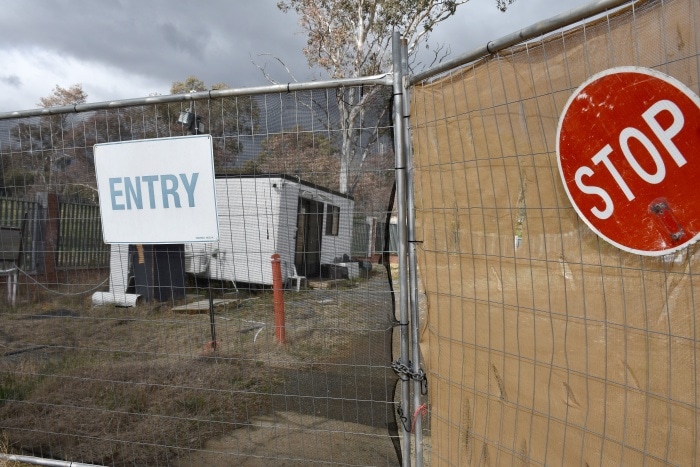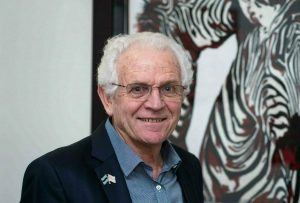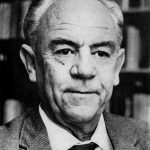A mysterious Russian diplomat with a penchant for swag and cigarettes led to a national security situation between Canberra and the Kremlin on Friday and put a further damper on Australia’s efforts to stop construction work on a site in the heart of the capital.
Australia has prevented Russia from building a new embassy on a piece of land just a stone’s throw from the Australian parliament building after intelligence agencies warned that it could be used as a base to spy on members of parliament.
Russia began legal action on Friday in an attempt to restart the construction work and at the same time employed an unusual diplomatic tactic: It deployed a bespectacled official to stick in a dilapidated temporary hut on the construction site.
The middle-aged man, dressed in sweatpants and a puffer jacket, is a tamale for Australian officials who are eager to forcibly kick out a Russian delegate somewhere.
Government sources say the man has diplomatic protection, although he did not immediately appear to appear on any of Russia’s public lists of representatives in Australia.
Having left the hut earlier to smoke a cigarette and receive a grocery delivery, the man remained mainly in the hut for the rest of the day while dozens of Australian police officers kept an eye on him from a distance.
Australian Prime Minister Anthony Albanese described the diplomat on Friday as “some guy who is standing on a tuft of grass in Canberra”.
The “guy”, Albanese insisted, is “not a threat to our national security”.
‘Russophobic hysteria’

Russia acquired the land from the Australian government in 2008 and in 2011 the country received permission to build its new embassy there.
However, last week the Australian government announced that it was now tearing up this agreement.
The Australian Parliament has approved legislation specifically aimed at preventing a Russian embassy from being built on the land. It is located about 400 meters from the parliament building.
“The government received very clear security recommendations about the risk of a Russian presence so close to the parliament building,” Albanese said.
“We jump to ensure that the rental agreement does not become a formal diplomatic presence.”
The new legislation does not prevent Russia from maintaining a diplomatic presence in Australia – it only prevents the country from erecting a building so close to the parliament.
#UPDATE Russia has launched a last-ditch legal bid to build a new embassy near Australia’s parliament, days after Canberra adopted an emergency law to block the development on national security grounds.
An Australian government spokesman told @AFP that the Russian Federation had… pic.twitter.com/NgJnr3D8z7
— AFP News Agency (@AFP) June 23, 2023
A spokesperson for the Australian government says Russia is seeking an injunction against the decision and is arguing in court that the move was unconstitutional.
“The fact that Russia disputes the validity of the legislation is not unexpected,” he told AFP.
“This is part of the Russian rules of the game.”
Last week, Kremlin spokesman Dmitry Peskov said the Australians’ actions were a demonstration of “Russophobic hysteria”.
Earlier this week, Russia’s Department of Foreign Affairs published a list of 48 Australians that the country bans from preaching an “anti-Russian agenda”.
The list includes the names of reporters, government officials and heads of local defense companies.








